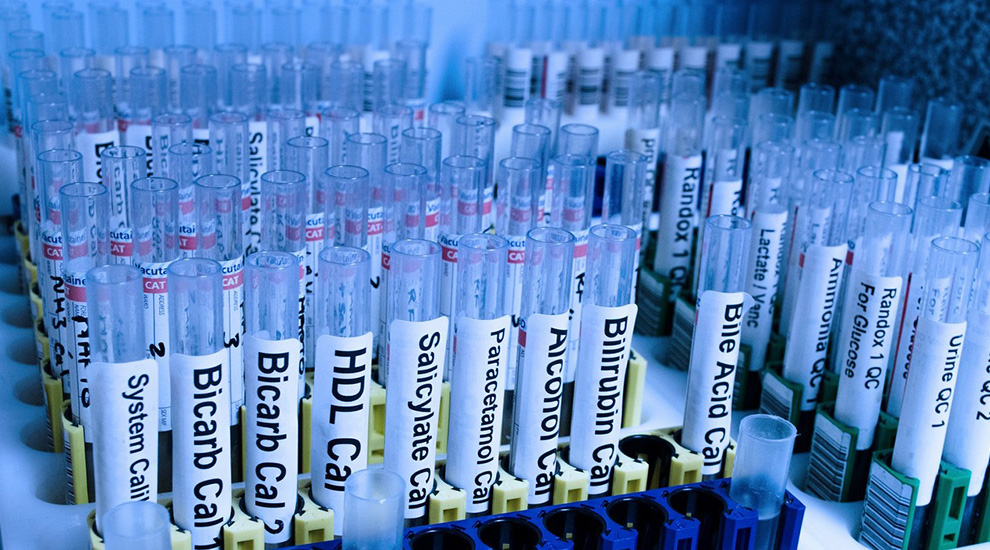Blockchain Provider Gem Pursues Expansion Into Health Care Sector
Blockchain Provider Gem Pursues Expansion Into Health Care Sector
Gem, a provider of enterprise blockchain development and operations tools, is entering Nashville’s booming health care sector. Micah Winkelspecht, the founder and CEO of Gem, said in a recentinterview with Venture Nashville that the decision to increase the company's focus on health care was made after a six-month period of growing interest from the industry.
Better Records for Better Care
Currently, most hospitals have closed bookkeeping, which prohibits information learned in one corner of the world to quickly be sent to another. It can also limit the speed that information one doctor learns to be passed to his or her colleagues. This can especially present a challenge for people who relocate or become sick when they travel and are unable to connect with their local doctor to retrieve their medical records.
And an enormous amount of new medical research is introduced every year. It can be extremely difficult for any doctor or group of doctors to keep up with the newly released content or old practices that become outdated. It can even be difficult for doctors to determine whether a practice they read about in a new medical document is even accurate until they test the material for themselves.
Winkelspecht explained in a guest post in the Distributed Ledgerthat integrating the blockchain into the health care sector has made it possible to “build a global repository of data in the industry that each party can trust reliably.” Every company has access to the same data that is shared transparently so that there is only one log of events that everyone agrees is the truth.
The Future of Decentralized Health Care Technology
Gem already has several clients in the health care sector, Winkelspecht told Venture Nashville, and the blockchain resources being developed for them are in the proof-of-concept stage. He admits that a concept in development includes “universal health care records” and suggests that other blockchain health care advancements will include “support of claims processing and management, transport of Internet of Things (IoT) data from health care devices to patient profiles, workflow simplification backed-up by "smart contracts," and new approaches for medical-prescription documentation and fraud reduction, among many other opportunities.”
Winkelspecht predicts that blockchains gaining traction in the health care industry will likely disrupt existing data centers because a blockchain provides data accessibility from both patients and health care professionals, as well as guaranteeing that sensitive information remains secure and the information is not altered or used nefariously.
Winkelspecht also stressed his company’s focus on blockchains and their impact on the health care industry, rather than Bitcoin and other currencies. The blockchain is a powerful tool that enables the advancement of technology not only within, but across every industry, he explained.
“Blockchain-enabled data integrity will open the door to the next great commercial technological disruption because it allows for frictionless, trusted communication among nontrusting parties,” Winkelspecht said. Along with financial services, health care is one of the earliest and most promising blockchain use case application opportunities.







No comments